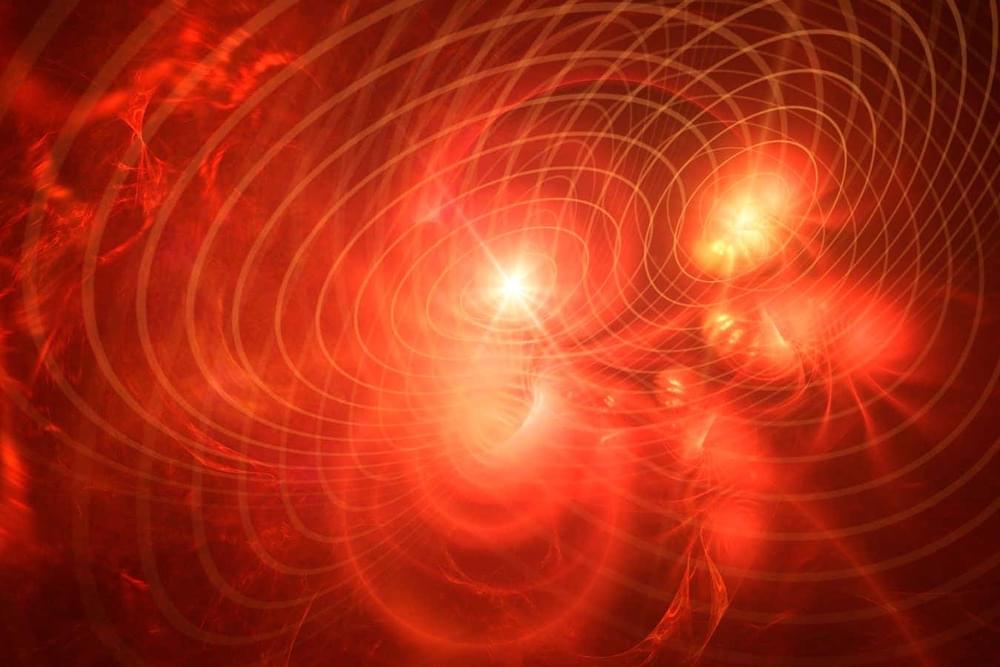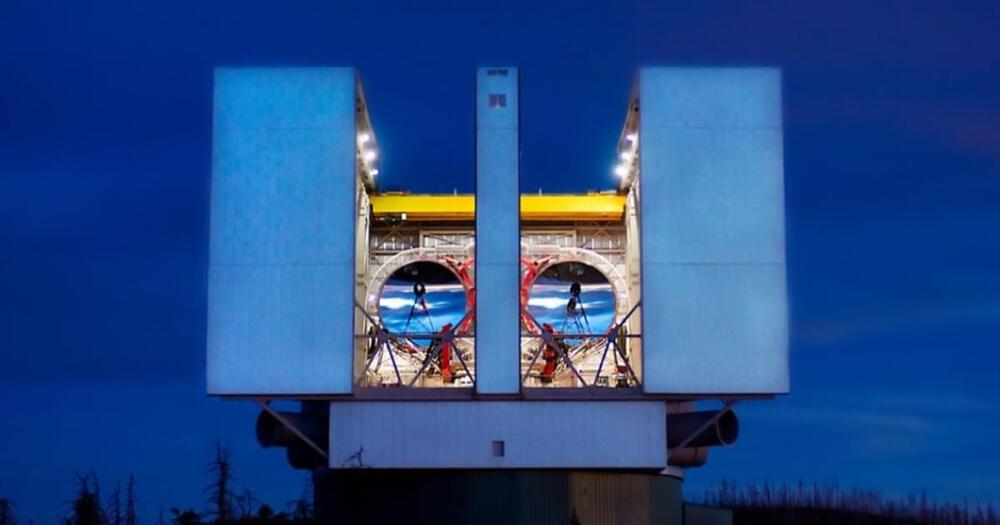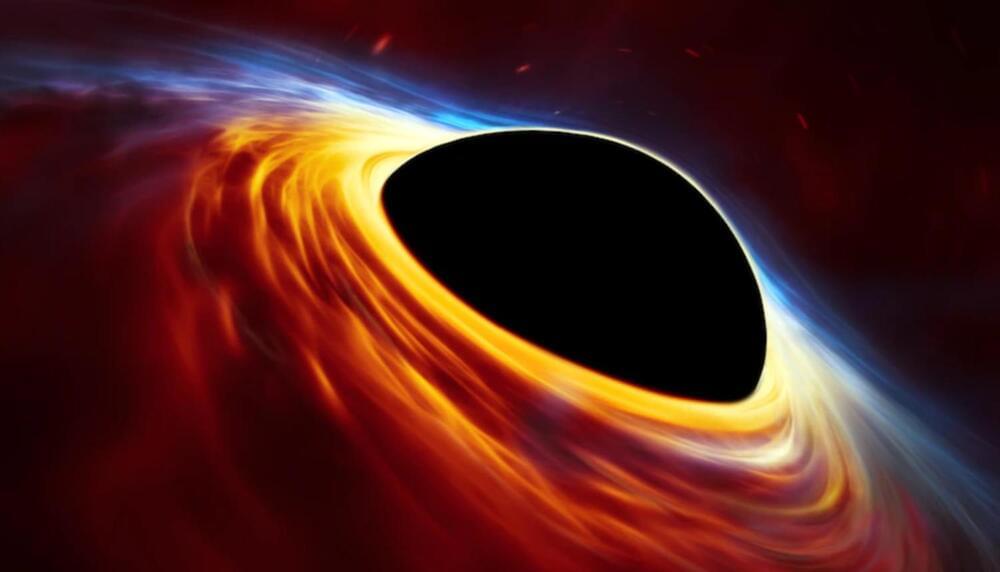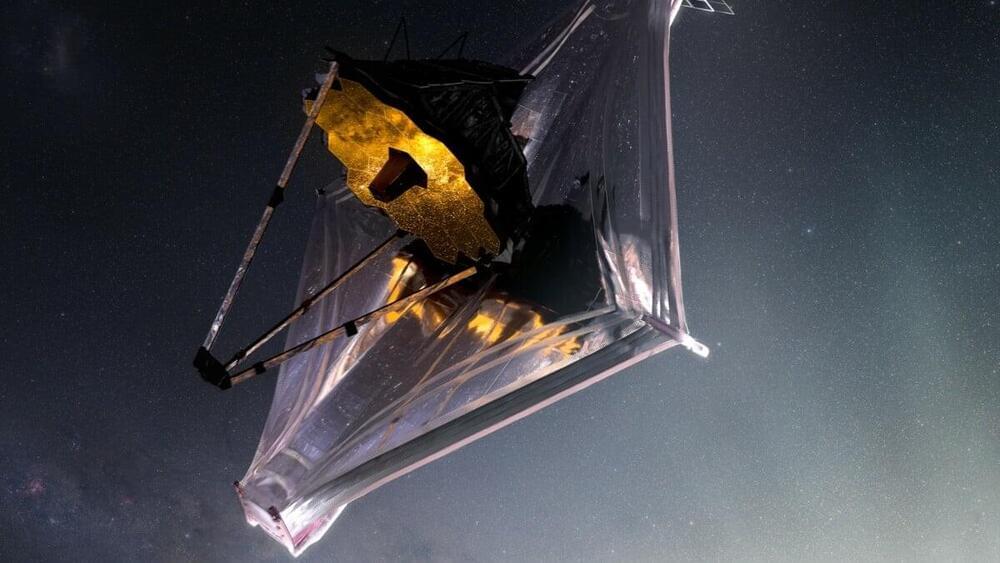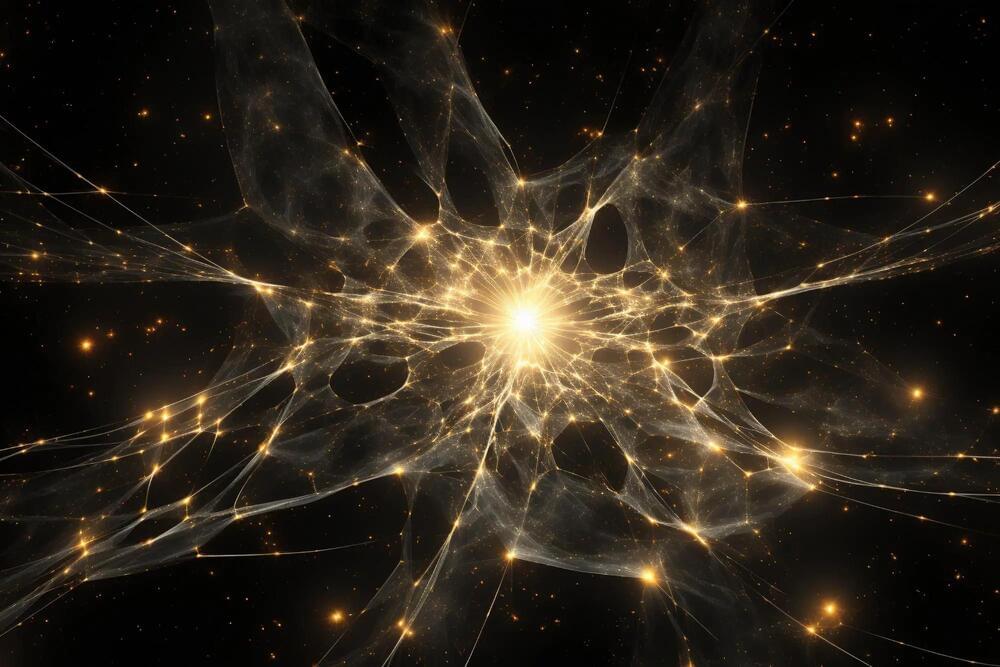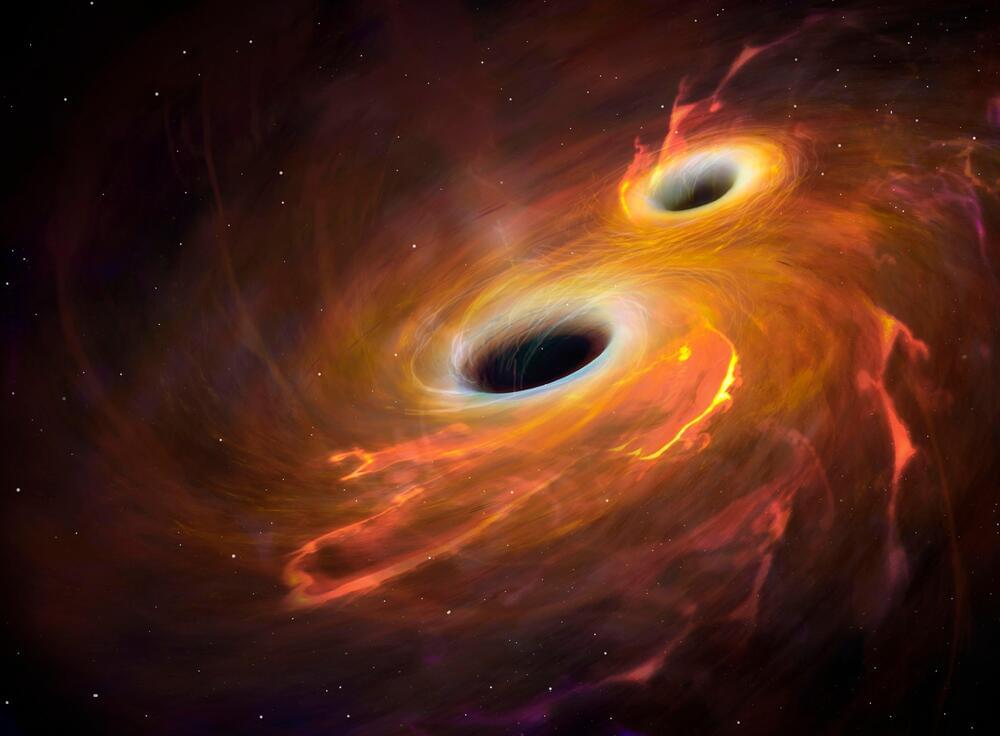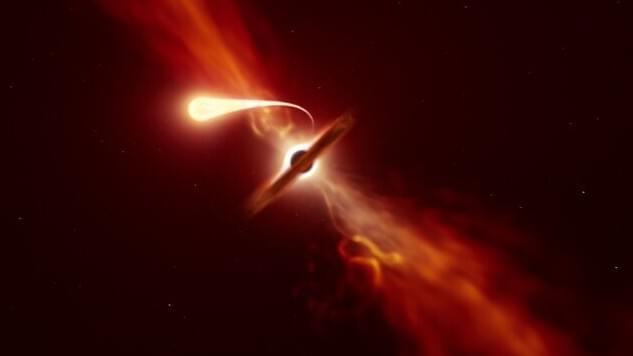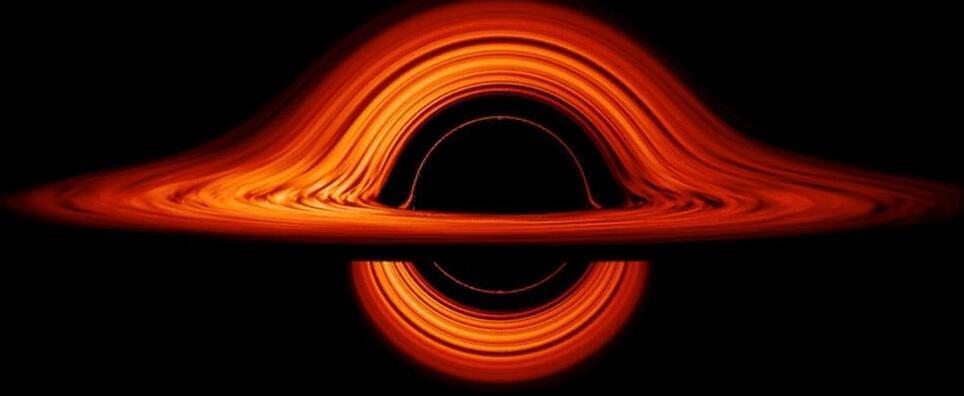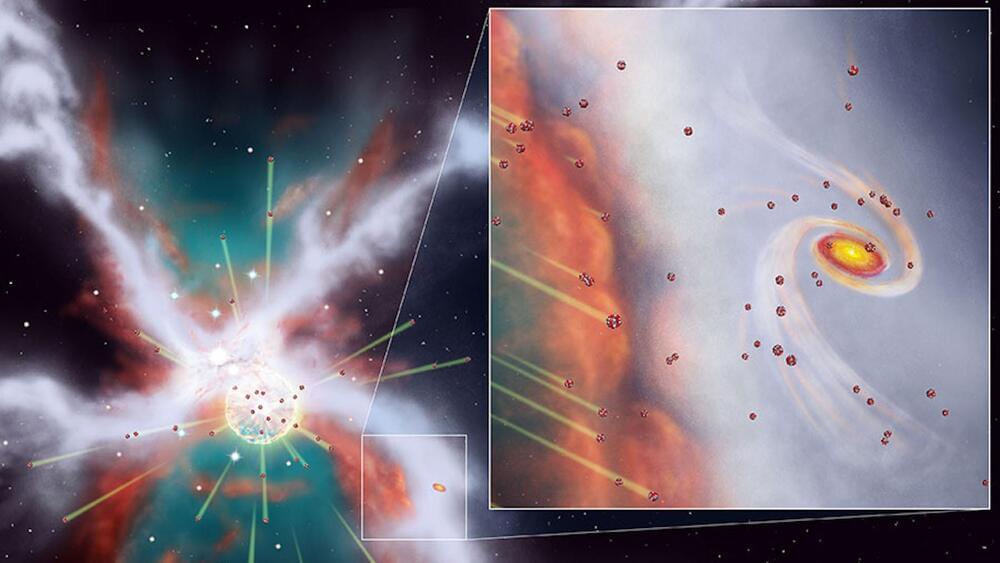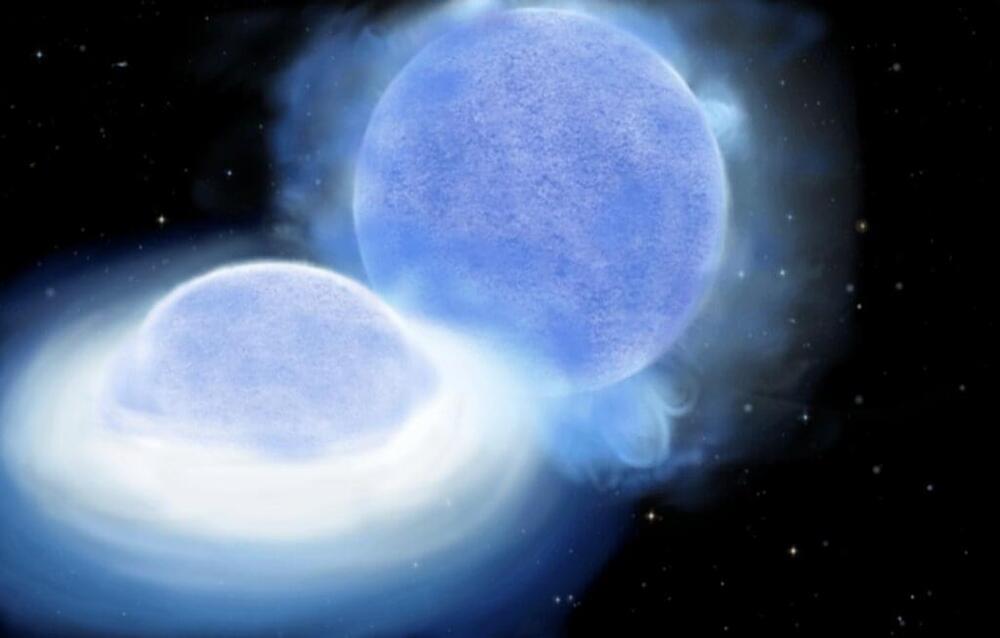
Dr. Varsha Ramachandran from the Center for Astronomy of Heidelberg University (ZAH) and her colleagues uncovered the first “stripped” star of intermediate-mass. This discovery marks a missing link in our picture of stellar evolution toward systems with merging neutron stars, which are crucial to our understanding of the origin of heavy elements, such as silver and gold. Dr. Ramachandran is a postdoc in the research group of Dr. Andreas Sander, located at ZAH’s Astronomisches Rechen-Institut (ARI). These results were now published in Astronomy & Astrophysics.
The team of researchers discovered the first representative of the long-predicted, but as yet unconfirmed population of intermediate-mass stripped stars. “Stripped stars” are stars that have lost most of their outer layers, revealing their hot and dense helium-rich core, which results from the nuclear fusion of hydrogen to helium. Most of these stripped stars are formed in binary star systems in which one star’s strong gravitational pull peels off and accretes matter from its companion.
For a long time, astrophysicists have known of low-mass stripped stars, known as subdwarfs, as well as their massive cousins, known as Wolf-Rayet stars. But until now, they have never been able to find any of the so-called “intermediate-mass stripped stars,” raising questions whether our basic theoretical picture needs a major revision.
